Philosophy of Race

When I say race, what’s the first thing that pops into your head? The Indianapolis 500 🏎??? Wait, no, wrong kind of race. Look, we get it. Race can be a tricky subject. Nobody wants to hear the crazy things their racist uncle has to say at Thanksgiving. Maybe you wish race didn’t exist in the first place, or maybe race is an important part of your identity! But race is something we should definitely think about. Philosophy of Race does just that: it ponders race in a way far deeper than how it’s talked about on cable television 📺every weeknight.
The first question philosophers of race usually ask is whether race is even real. You might immediately think, “of course it is, silly philosopher,” and, okay that’s fair. But when philosophers like K. Anthony Appiah and Naomi Zack say race is not real, they mean that it has no genetic🧬 nor biological basis and was basically made up by people to justify historical oppression. And science backs them up. But even if it is not biological, does that mean it’s not real at all? If race isn’t real at all, should we get rid of it? And why does it feel so real? These are all great and important questions that philosophers of race struggle with to this day.
Another question is what makes someone racist? Does racism have to be intentional or conscious? Does being old or “from another time” give you a Racist Get Out of Jail Free Card? Can anyone be racist? These questions might seem obvious to you, but thinking more deeply about them will help you better understand why individuals might hold racist views and better understand how to combat these views.
Videos
White Zombies
Key and Peele
-
 White Zombies
White Zombies
-
 Race and Race Institutions
Race and Race Institutions
-
 Racial Ontology #2
Racial Ontology #2
-
 Race, Law, & Politics
Race, Law, & Politics
Key Texts
-
Philosophy of Race: An Introduction
Naomi Zack -
Critical Race Theory: The Key Writings That Formed the Movement
Kimberle Crenshaw, Neil Gotanda, Gary Peller, Kendall Thomas -
Achieving Our Humanity: The Idea of the Postracial Future
Emmanuel Eze -
The Racial Contract
Charles Mills -
Black Skin, White Masks
Frantz Fanon -
The Conversation of Races
W.E.B. Du Bois
Pop Culture Examples
Want to Know More?
-
Race
Stanford Encyclopedia of Philosophy -
Philosophy of Race and Racism
American Philosophical Association (APA) Blog
Questions to Think About
-
What is race?
-
Is race real?
-
Should we get rid of race?
-
What makes someone or something racist?
-
Why is race so important in our daily lives?
Key Thinkers
-

Linda Martin Alcoff
-

Anthony Appiah
-

Derrick Bell
-

Robert Bernasconi
-

Kimberle Crenshaw
-
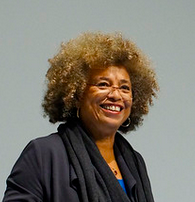
Angela Davis
-
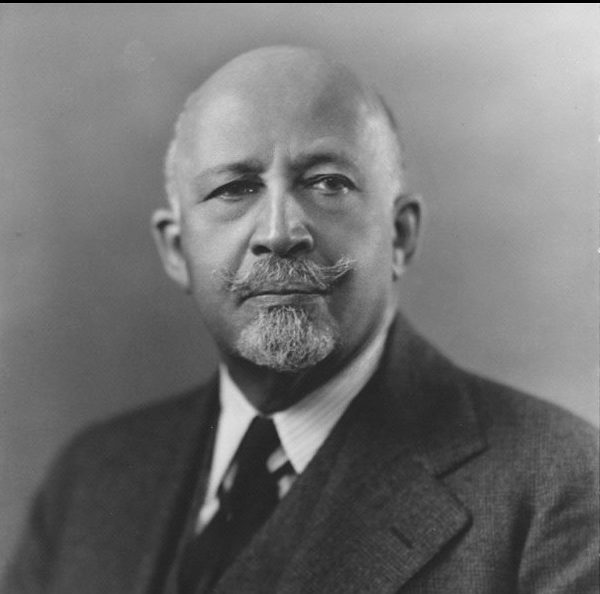
W.E.B. Du Bois
-
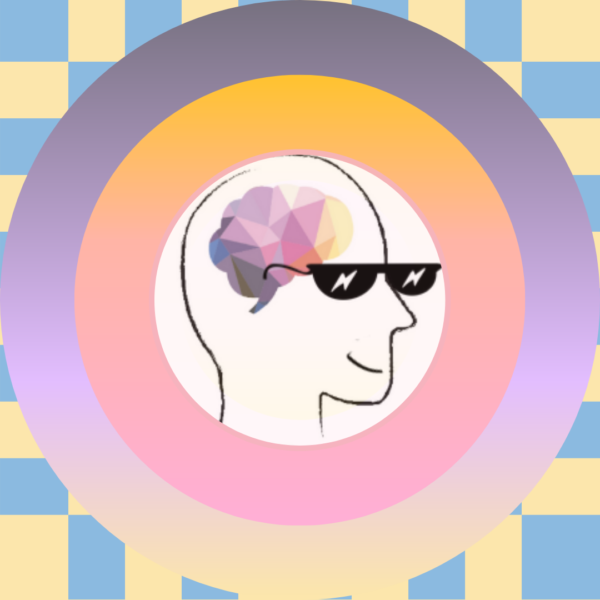
Emmanuel Eze
-
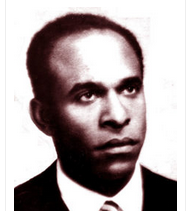
Frantz Fanon
-
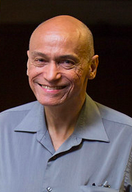
Charles Mills
-

Naomi Zack
“Chris Long, Linda Alcoff and Victor Kestenbaum” by cplong11 is licensed with CC BY-NC-SA 2.0. To view a copy of this license, visit https://creativecommons.org/licenses/by-nc-sa/2.0/. https://www.flickr.com/photos/45298653@N00/9971320926
“Kwame Appiah” by Oregon State University is licensed with CC BY-SA 2.0. To view a copy of this license, visit https://creativecommons.org/licenses/by-sa/2.0/. https://www.flickr.com/photos/33247428@N08/4639892661
“KP0002991” by iukarchives is licensed with CC BY-NC-ND 2.0. To view a copy of this license, visit https://creativecommons.org/licenses/by-nc-nd/2.0/. https://www.flickr.com/photos/182218171@N03/49464944442
“Long and Bernasconi” by cplong11 is licensed with CC BY-NC-SA 2.0. To view a copy of this license, visit https://creativecommons.org/licenses/by-nc-sa/2.0/. https://www.flickr.com/photos/45298653@N00/4285991851
“File:Kimberlé Crenshaw (46951501615).jpg” by Heinrich-Böll-Stiftung from Berlin, Deutschland via Wikimedia Commons is licensed with CC BY-SA 4.0. To view a copy of this license, visit https://creativecommons.org/licenses/by-sa/4.0. https://commons.wikimedia.org/wiki/File:Kimberl%C3%A9_Crenshaw_(46951501615).jpg
“Enclosures: Quotidian Carceralities in the US and Occupied Palestine (Angela Davis)” by Columbia GSAPP is licensed with CC BY 2.0. To view a copy of this license, visit https://creativecommons.org/licenses/by/2.0/. https://www.flickr.com/photos/38426037@N04/15255790824
“NAACP founder and advocate of action W. E. B. Du Bois: 1945” by Addison N. Scurlock is licensed with CC-BY NC 2.0. To view a copy of this license, visit https://creativecommons.org/licenses/by-nc/2.0/. https://www.flickr.com/photos/washington_area_spark/26597363418
“File:Frantzfanonpjwproductions.jpg” by Pacha J. Willka is licensed with CC BY-SA 3.0. To view a copy of this license, visit https://creativecommons.org/licenses/by-sa/3.0. https://commons.wikimedia.org/w/index.php?curid=18237789
“Charles W. Mills Katz Lecture on Liberalism and Racial Justice” by Simpson Center for the Humanities | UW is licensed with CC BY-NC-SA 2.0. To view a copy of this license, visit https://creativecommons.org/licenses/by-nc-sa/2.0/. https://www.flickr.com/photos/150317471@N02/42283119862
Key Terms
-
- institutional racism
- the distribution of power through social and political institutions to the benefit of white individuals and to the detriment of people of color
-
- prejudice
- A preconceived opinion about someone based on their membership with a perceived group rather than reason or actual experience
-
- intersectionality
- A conceptual framework or understanding how aspects of one’s social and political identities might combine to create unique modes of discrimination.
-
- critical race theory
- A theoretical framework, developed out of legal scholarship, that analyzes how race and power interact in the law. It posits that the law has historically developed power structures based in white privilege and supremacy.
-
- white privilege
- The ability to have greater access to power and resources than people of color (in the same situation) do.
-
- double consciousness
- A concept that refers to a source of inward “twoness” experienced by Black people because of their racialized oppression and devaluation in a white-dominated society.







